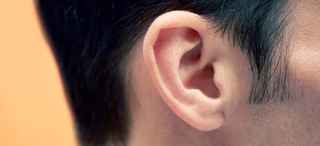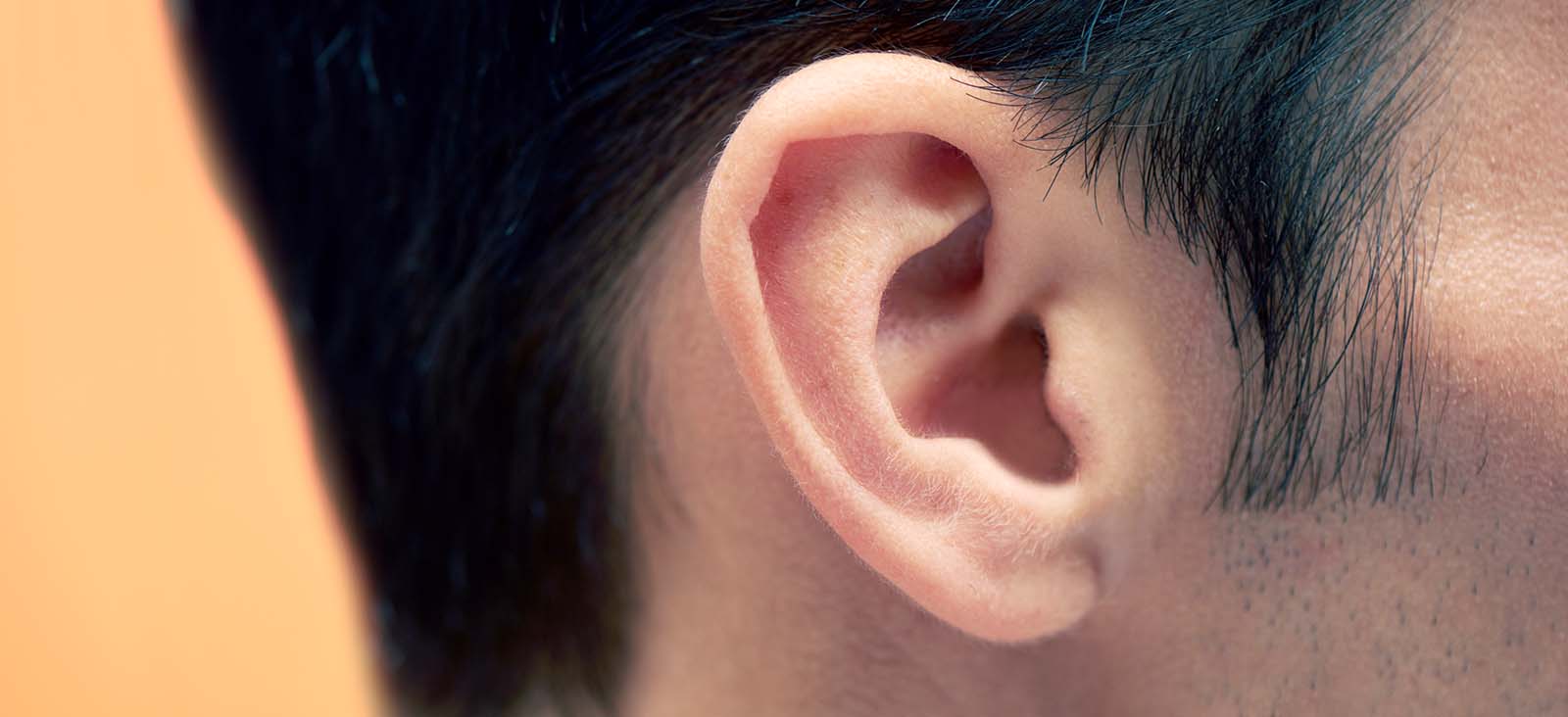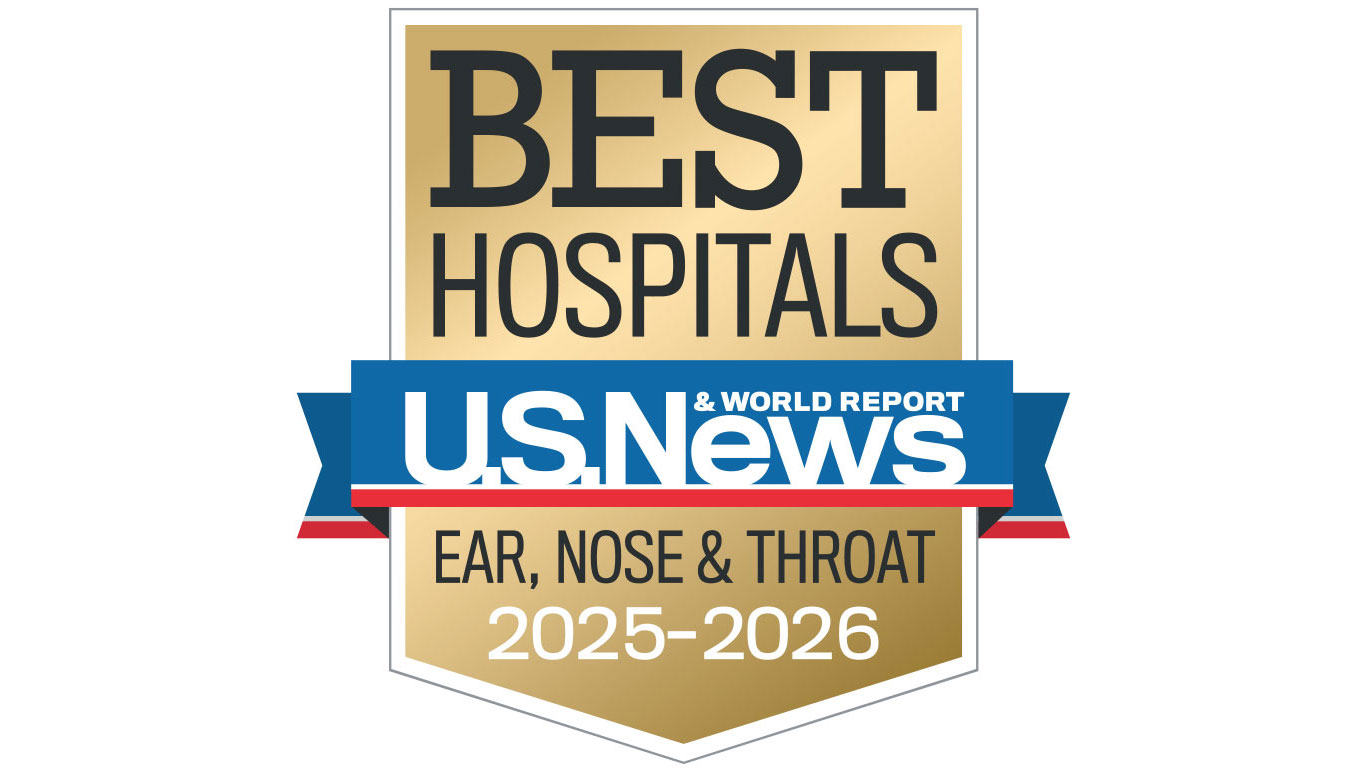Audiologists at UT Southwestern Medical Center provide expert and compassionate care for individuals with hearing (auditory) and/or balance (vestibular) impairment. Our audiologists have master’s or doctoral degrees in audiology and are licensed specialists in the evaluation and non-medical treatment of hearing and balance disorders, including tinnitus.
Evaluation
When you have a balance or hearing problem, a variety of assessments may be warranted based on your symptoms and medical history.
UT Southwestern offers a full range of diagnostic tools to assist in accurate diagnosis. These include:
- Auditory Brainstem Response (ABR)
- Comprehensive Audiological Examination
- Electrocochleography
- Electro/Video-Nystagmography (ENG/VNG)
- Oto-Acoustic Emissions (Transient-Evoked and Distortion Product)
- Platform Posturography
- Sinusoidal Harmonic Acceleration (Rotary Chair)
- Vestibular Evoked Myogenic Potentials (VEMP)
Treatment
Once a hearing problem has been diagnosed, the audiologists can assist you in selecting appropriate amplification technology. UT Southwestern is a national leader in the clinical implementation of cochlear implants and other assistive hearing technology to meet the needs of patients with hearing loss. Technological advances have contributed to substantial improvements in all types of hearing aids, including behind-the-ear, in-the-ear, in-the-canal, and completely-in-the-canal devices.
Furthermore, a bone-anchored hearing aid (BAHA) can provide excellent results for individuals with specific congenital ear disorders, single-sided deafness, or for those who cannot use a hearing aid due to chronic ear infections. BAHA devices and other nontraditional forms of amplification have remarkably improved hearing and quality of life for patients who are otherwise unable to benefit from traditional hearing aids.
Our Specialists
At UT Southwestern, our team of audiologists works in conjunction with otolaryngologists (ear, nose, and throat physicians) to evaluate each patient’s hearing loss or balance disorder. For your hearing loss, the audiologist will determine how you may benefit from an assistive hearing solution and which hearing solution is appropriate. Our specialists help you and your family members understand and evaluate your medical and non-medical treatment options.






